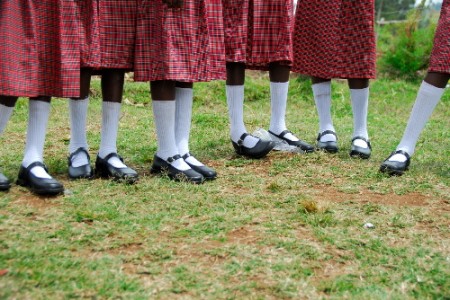
This article was originally published by the Danish Institute for International Studies (DIIS) on 4 January 2017.
Deploying more female soldiers in peacekeeping missions will not in itself prevent sexual exploitation and abuse. Strengthening gender training and investigative capacities are small, yet feasible steps forward.
Recommendations
- The UN and troop-contributing countries (TCCs) should enhance cooperation between the UN conduct and discipline teams and the national investigation teams.
- The UN and TCCs should strengthen in-mission investigative capacities to ensure the availability of reliable evidence and local witnesses.
- The UN should put pressure on TCCs to hold their defence leadership accountable for effective command and control enforcement.
- There should be a focus on continuous gender training in all units, both prior to and during deployment.
According to United Nations Security Council Resolution 1325 on Women, Peace and Security (UNSCR 1325), increasing the number of female peacekeepers will reduce sexual exploitation and abuse (SEA) in peace operations. However, this does not seem to be the case in the Democratic Republic of Congo (DRC), where UN peacekeepers from South Africa have been more involved in SEA than peacekeepers from other nations, even though the South African National Defence Force (SANDF) has the highest number of female peacekeepers deployed in the DRC. In the United Nations Organization Stabilization Mission in the Democratic Republic of the Congo (MONUSCO), 243 of the 1351 SANDF troops deployed (18%) are women. However, changing a military culture that tacitly accepts SEA as a part of everyday life in the camps requires more profound measures than simply deploying more women.


